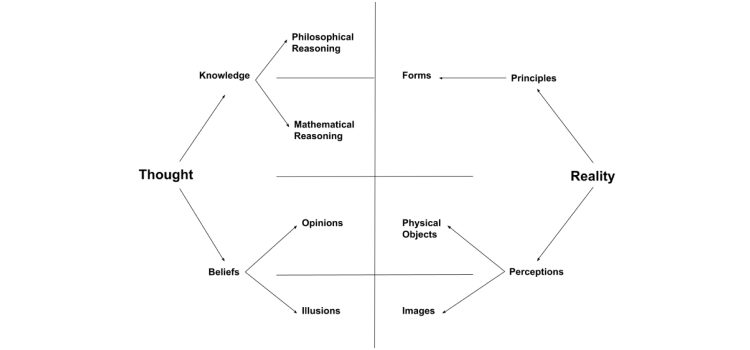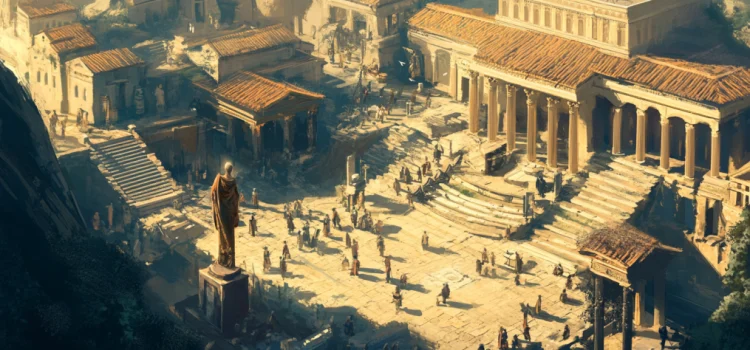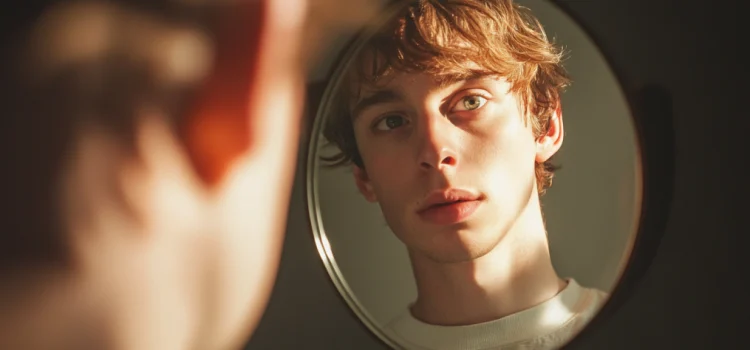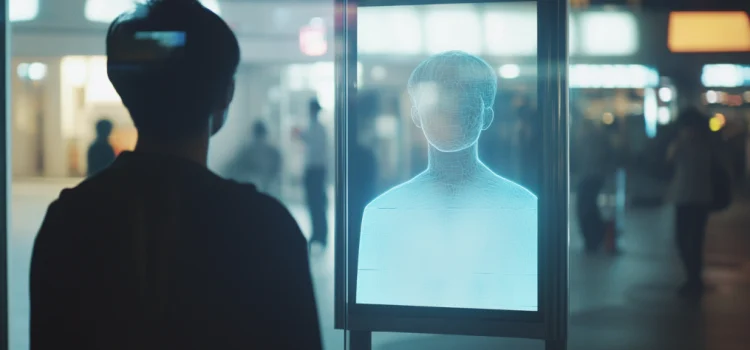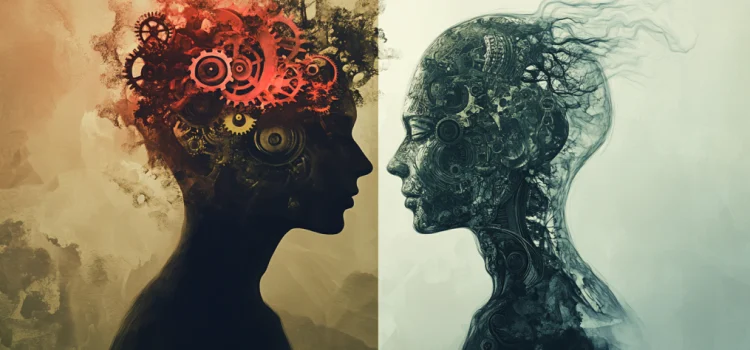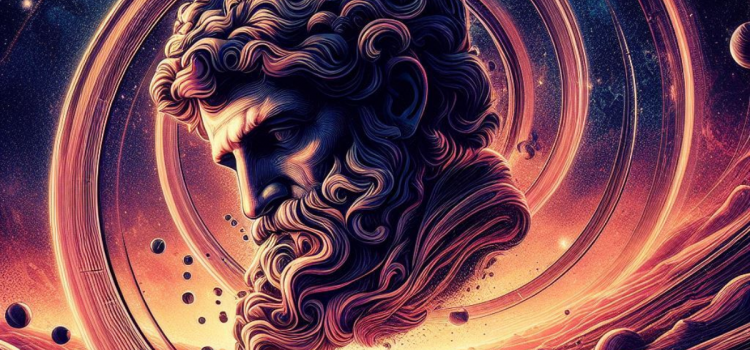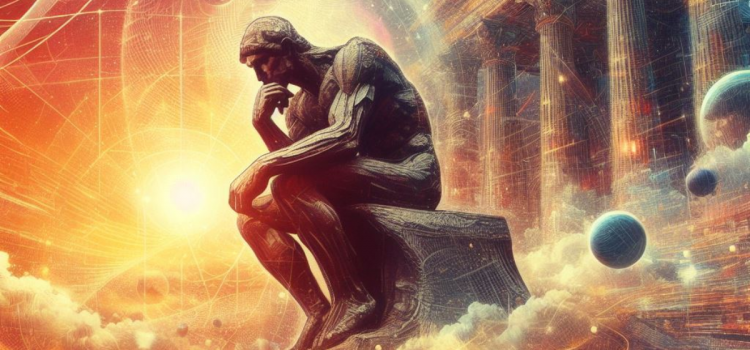What would life be like there’s no free will? How would society function if we accepted that our actions are predetermined? In his book Determined, Robert Sapolsky explores the concept of life without free will and its implications for society. He argues that embracing determinism could lead to a fairer and kinder world, despite the challenges it presents to our traditional notions of praise, reward, blame, and personal responsibility. Read on to learn Sapolsky’s perspective on human behavior.
What if There’s No Free Will? 3 Implications if It’s True


